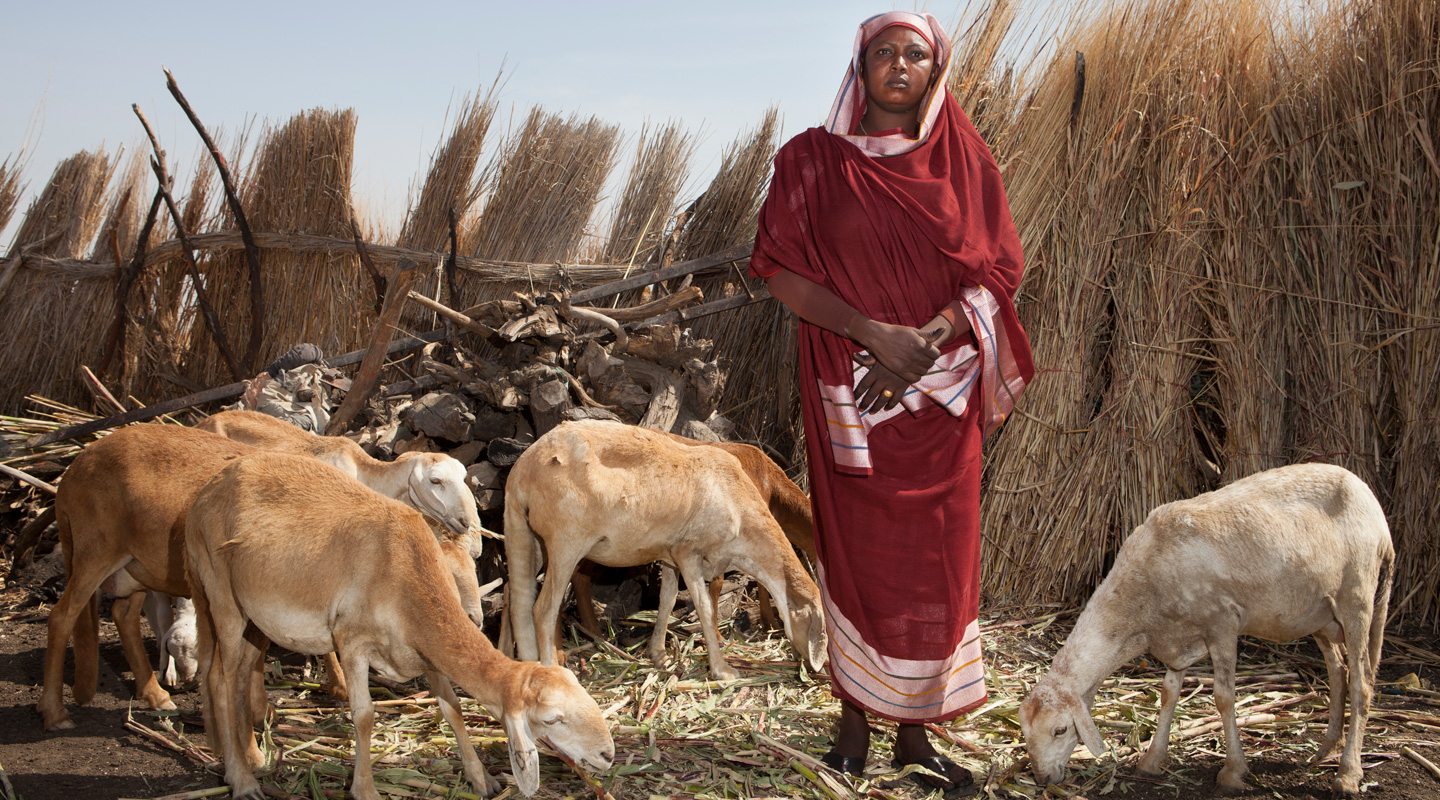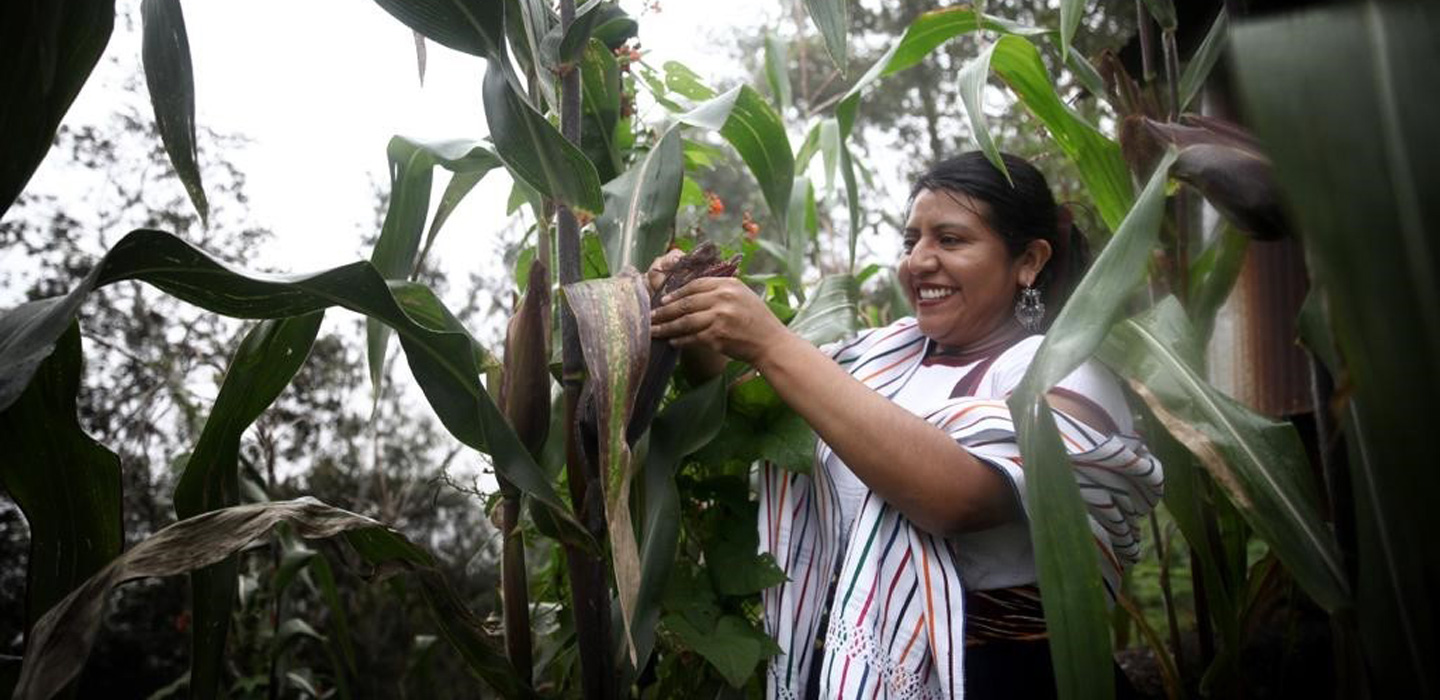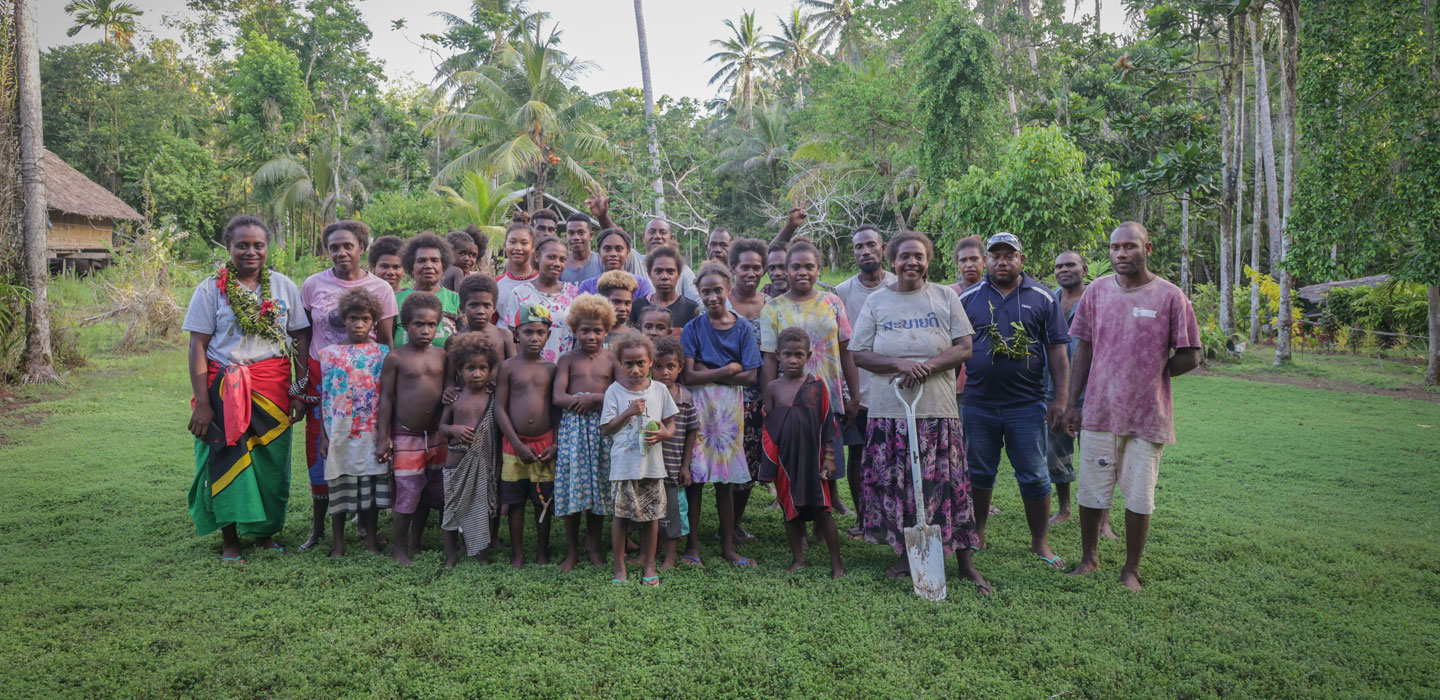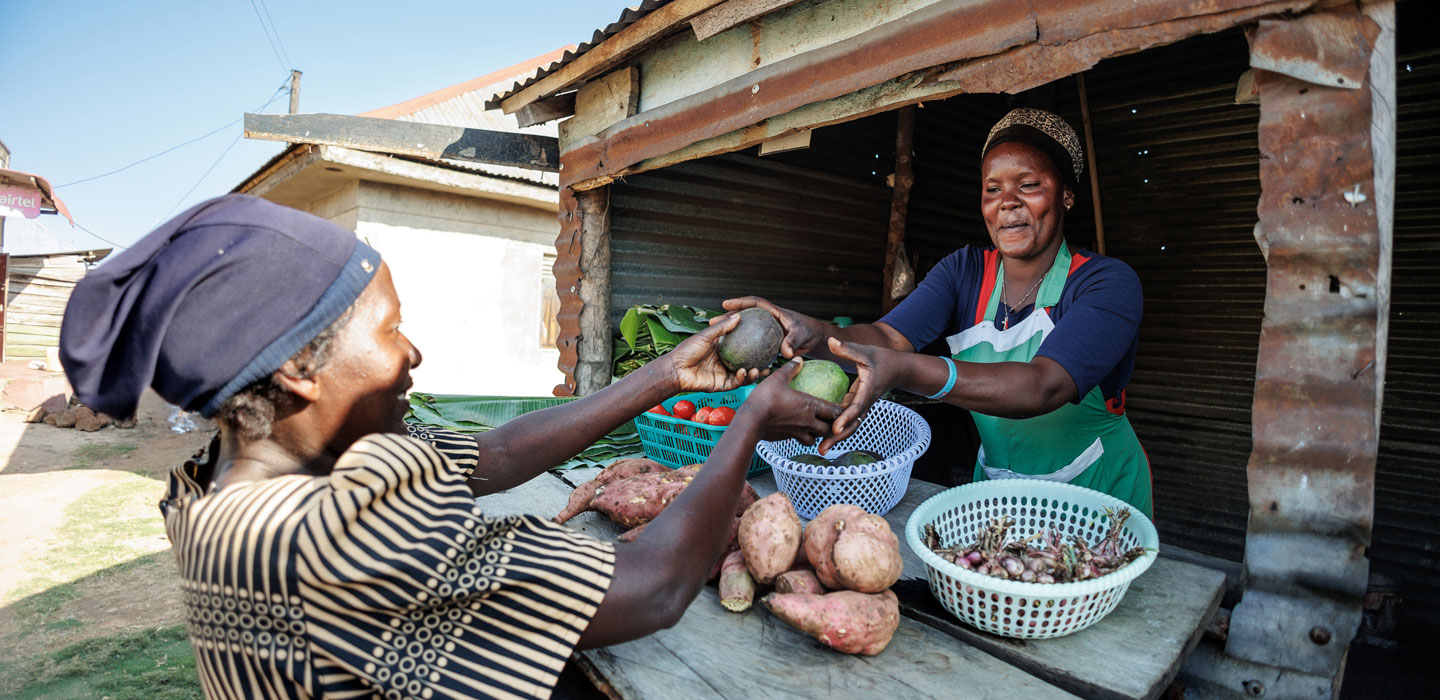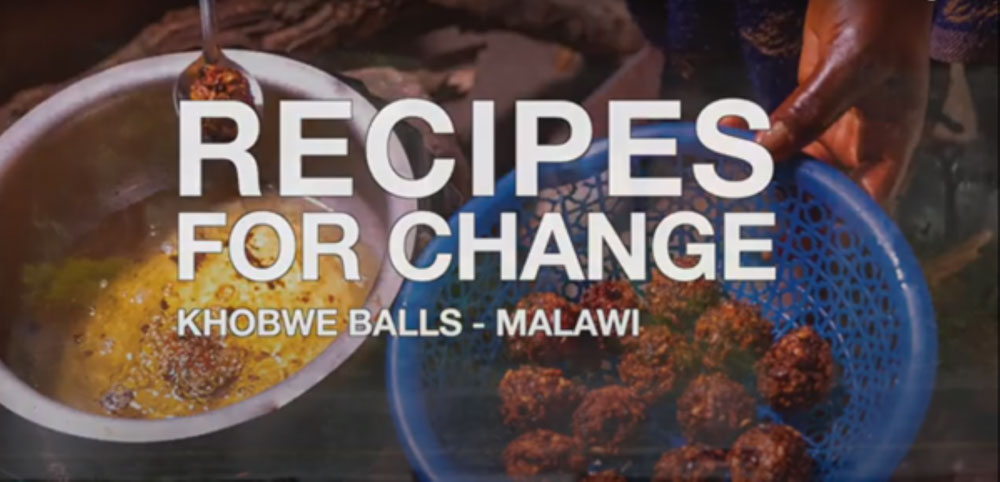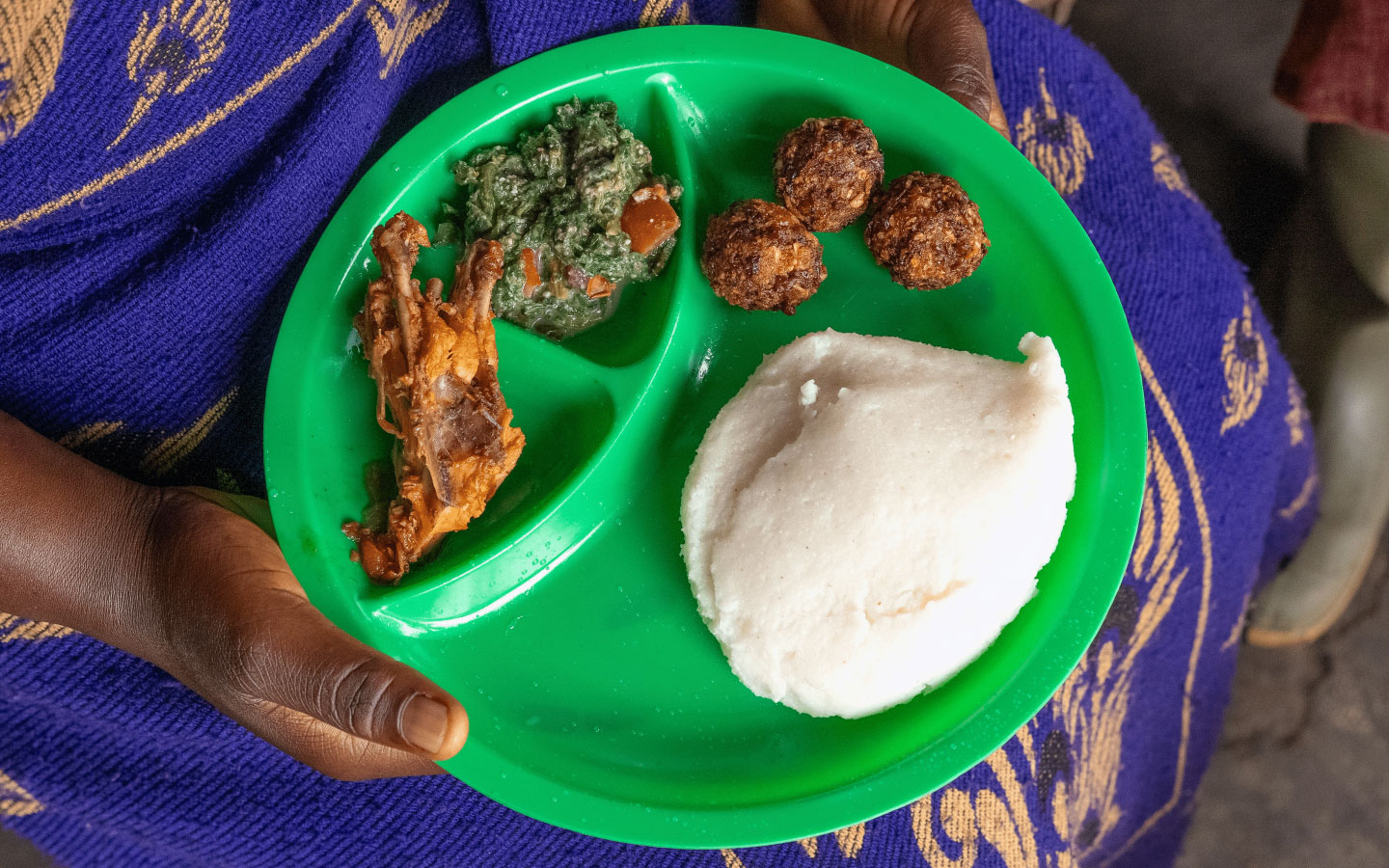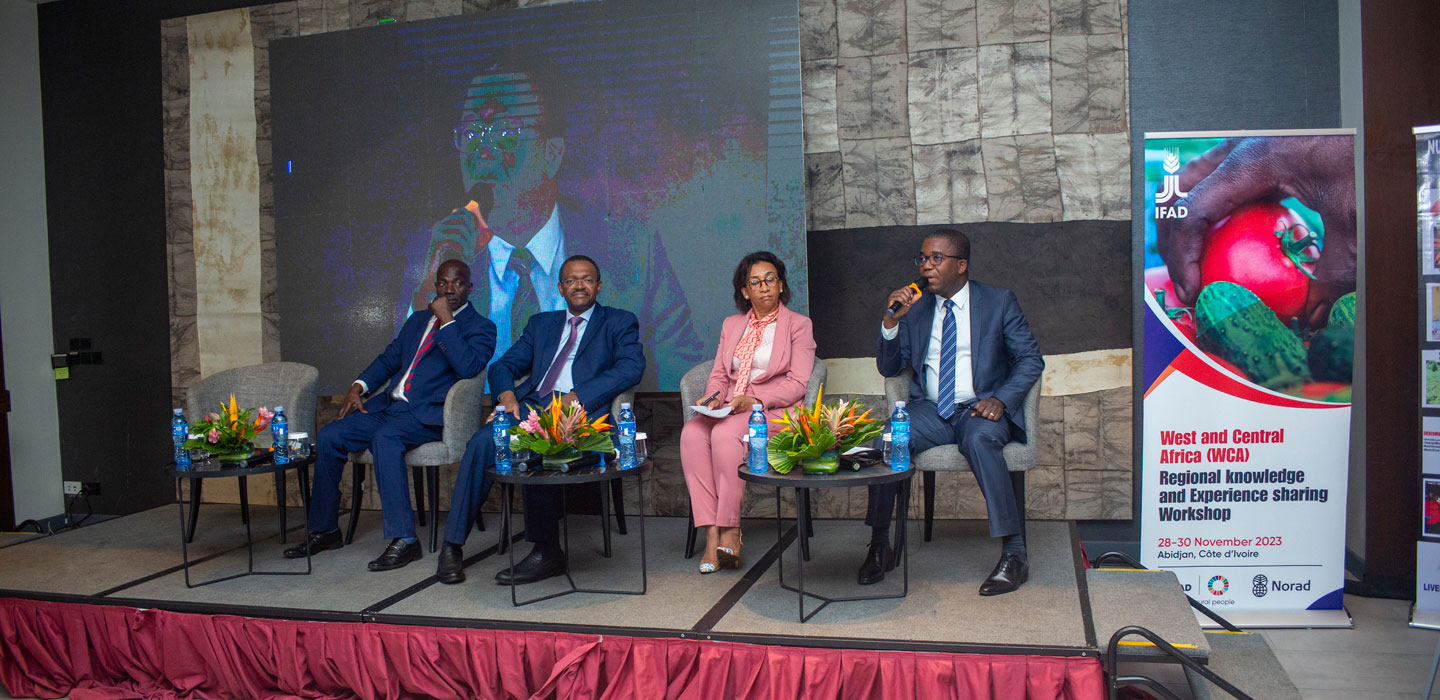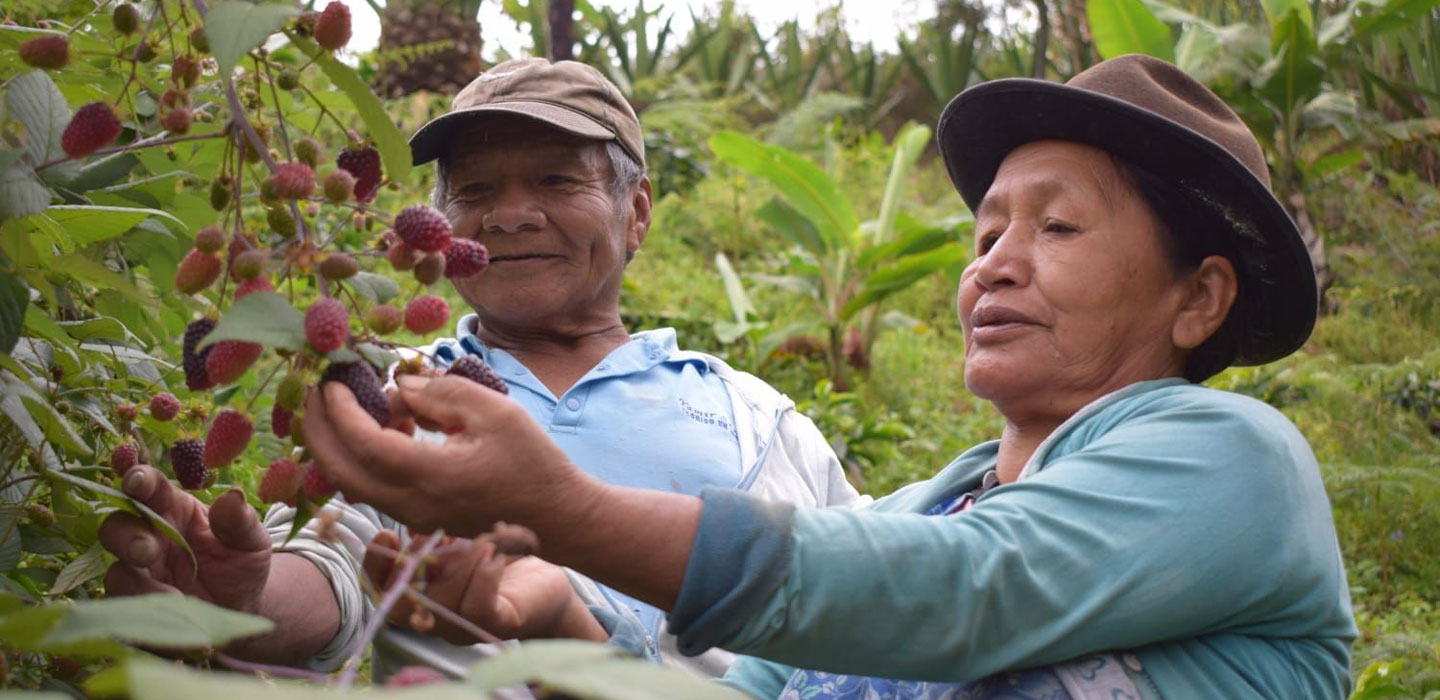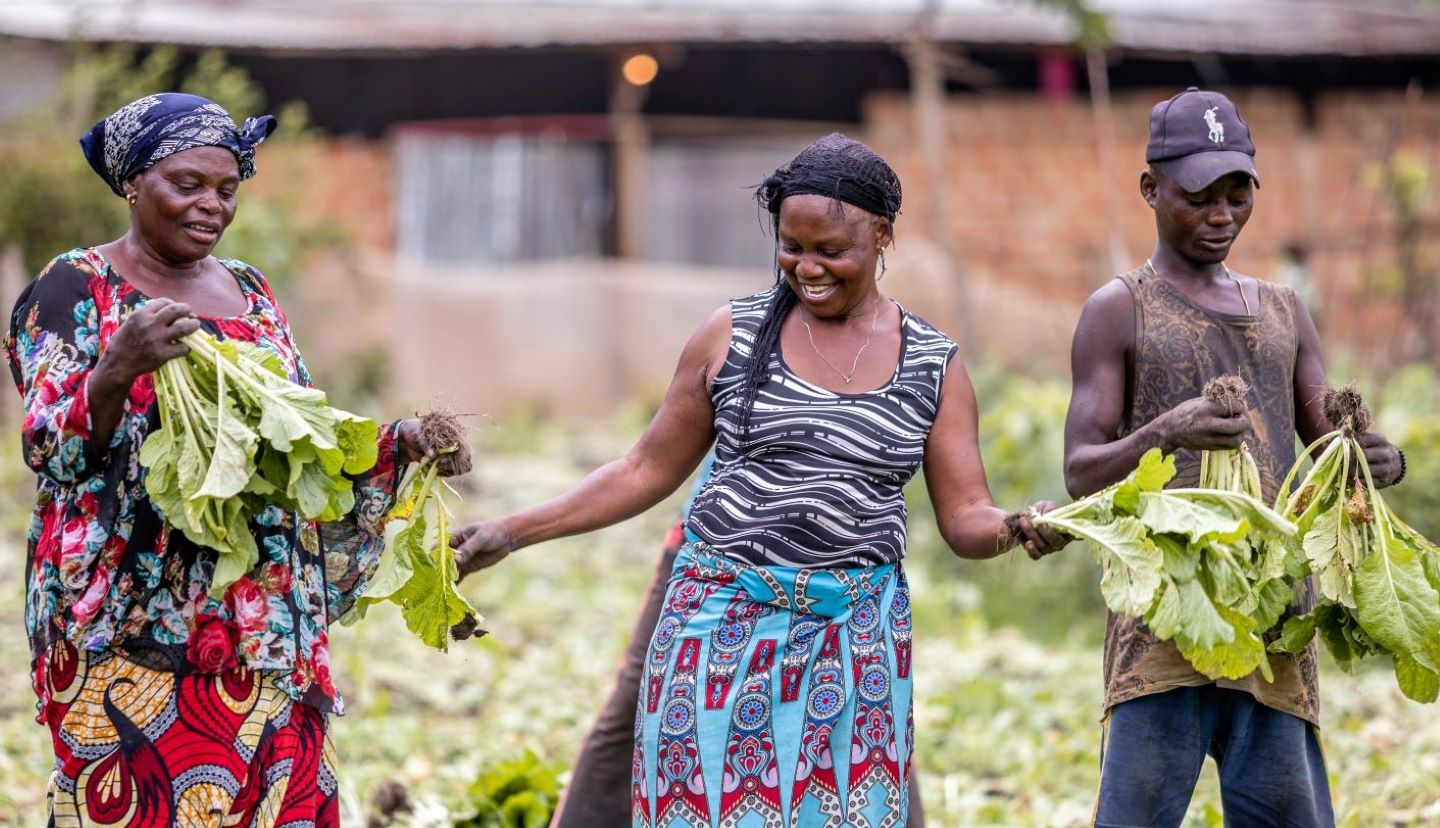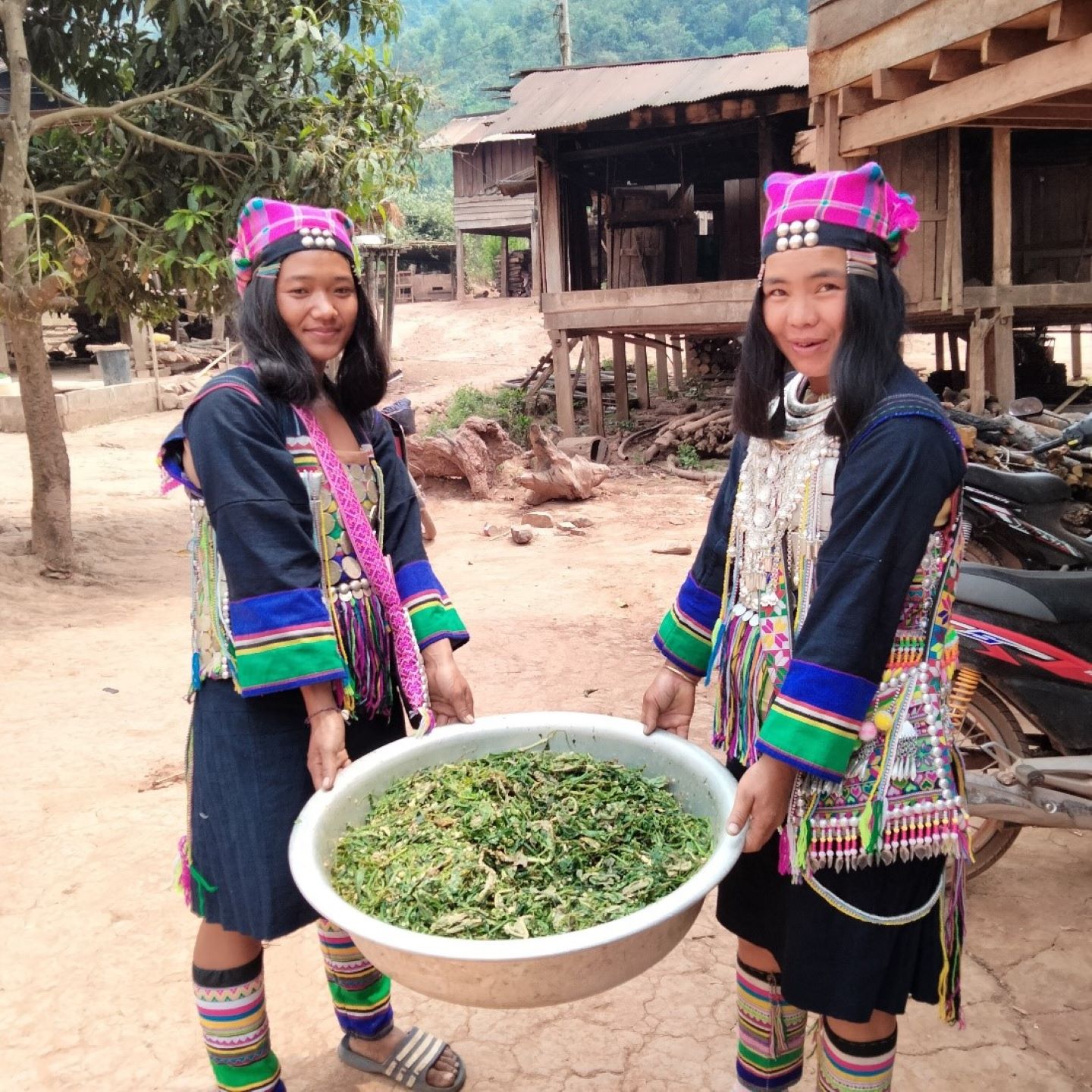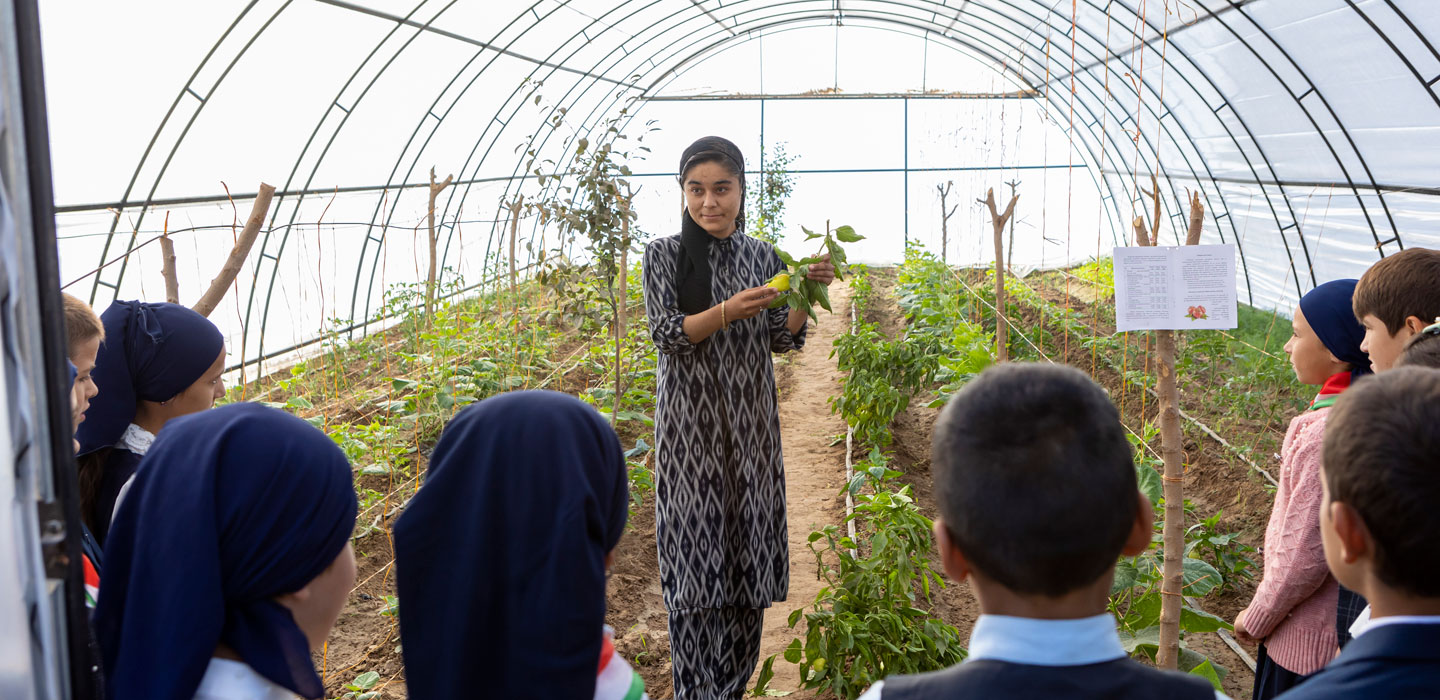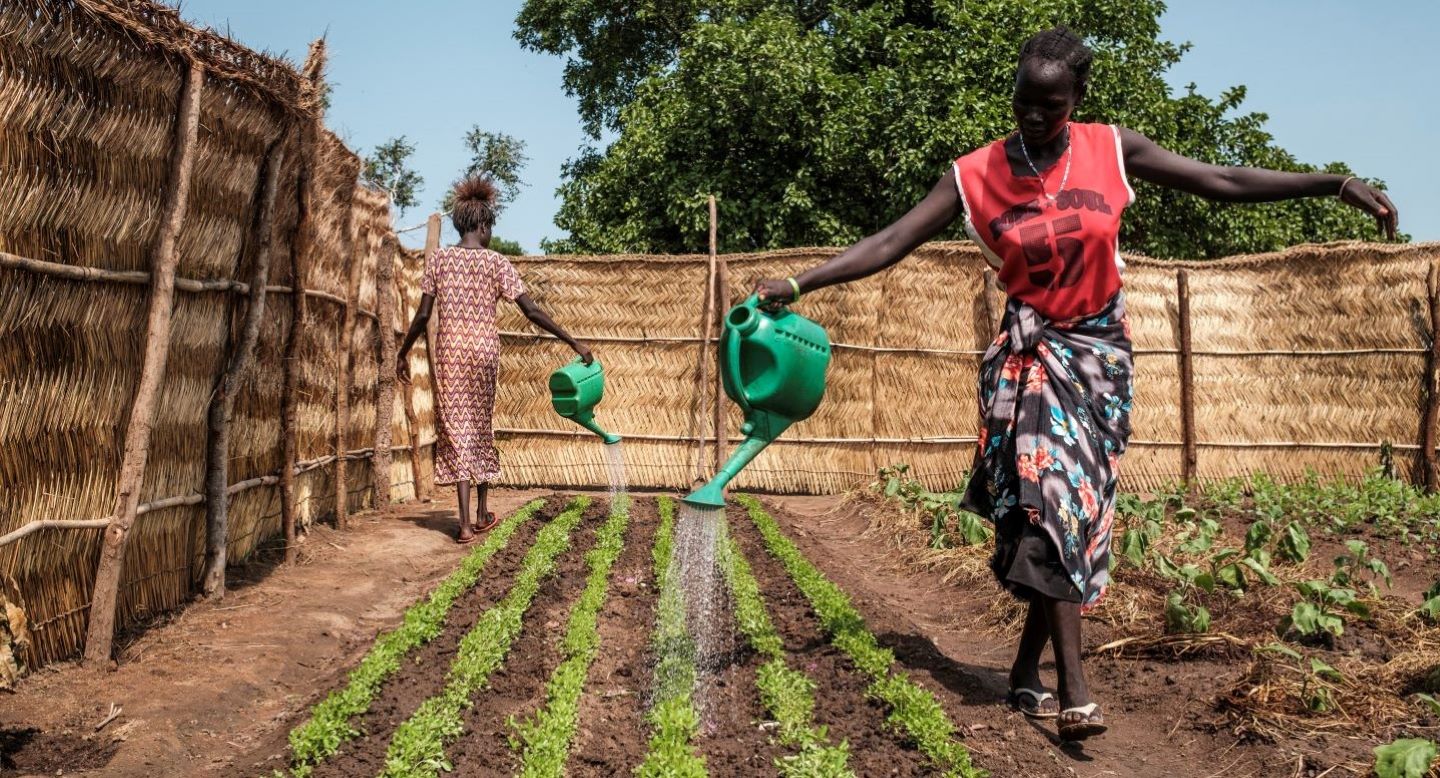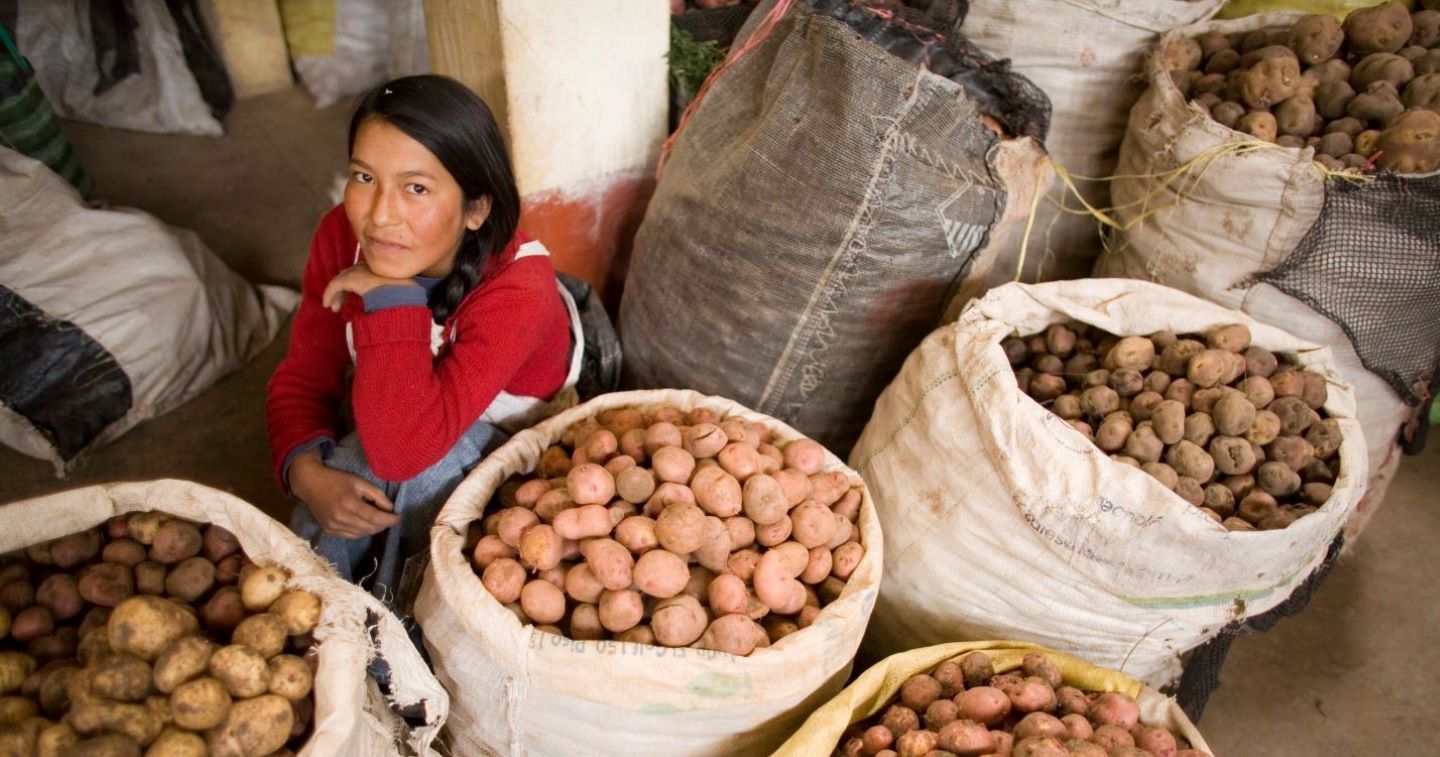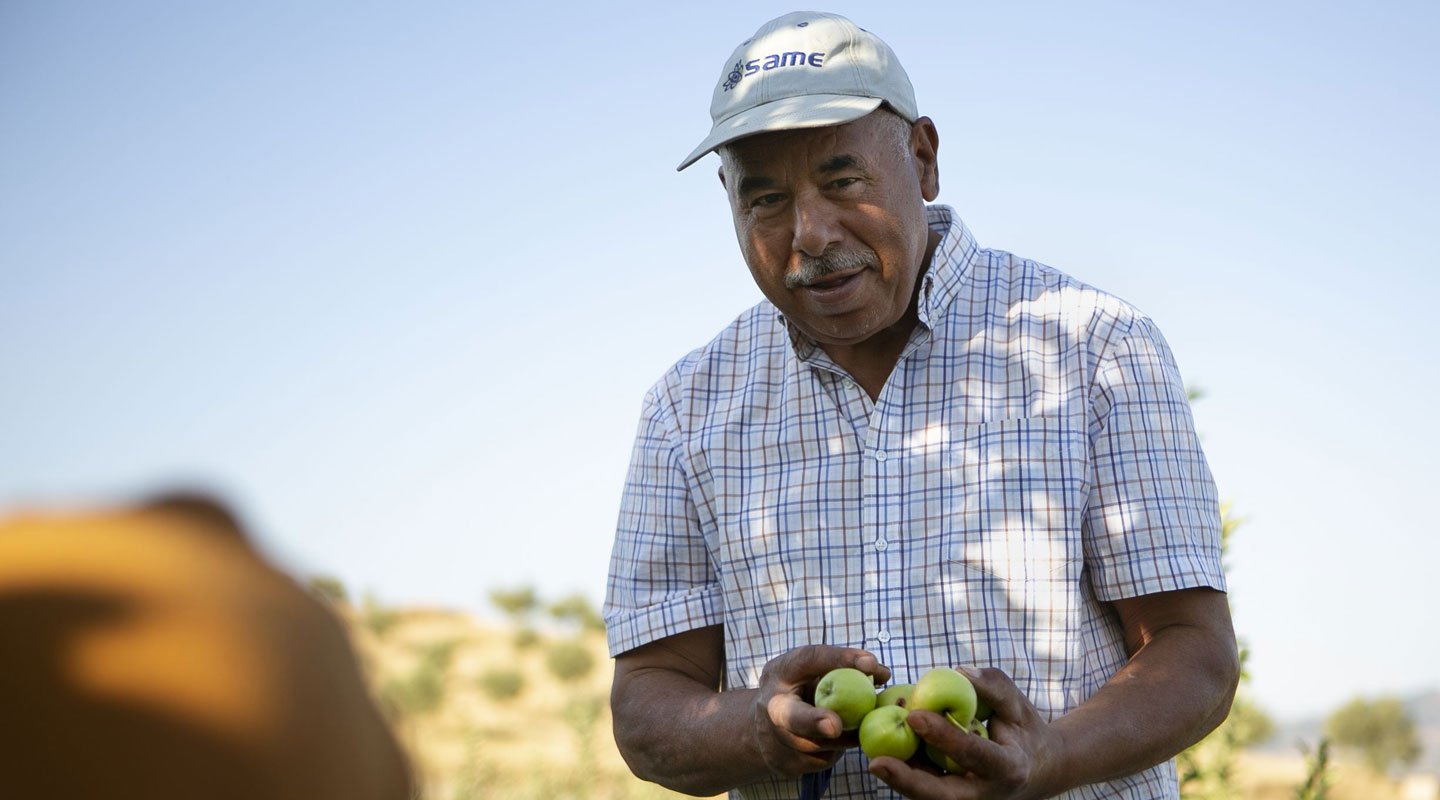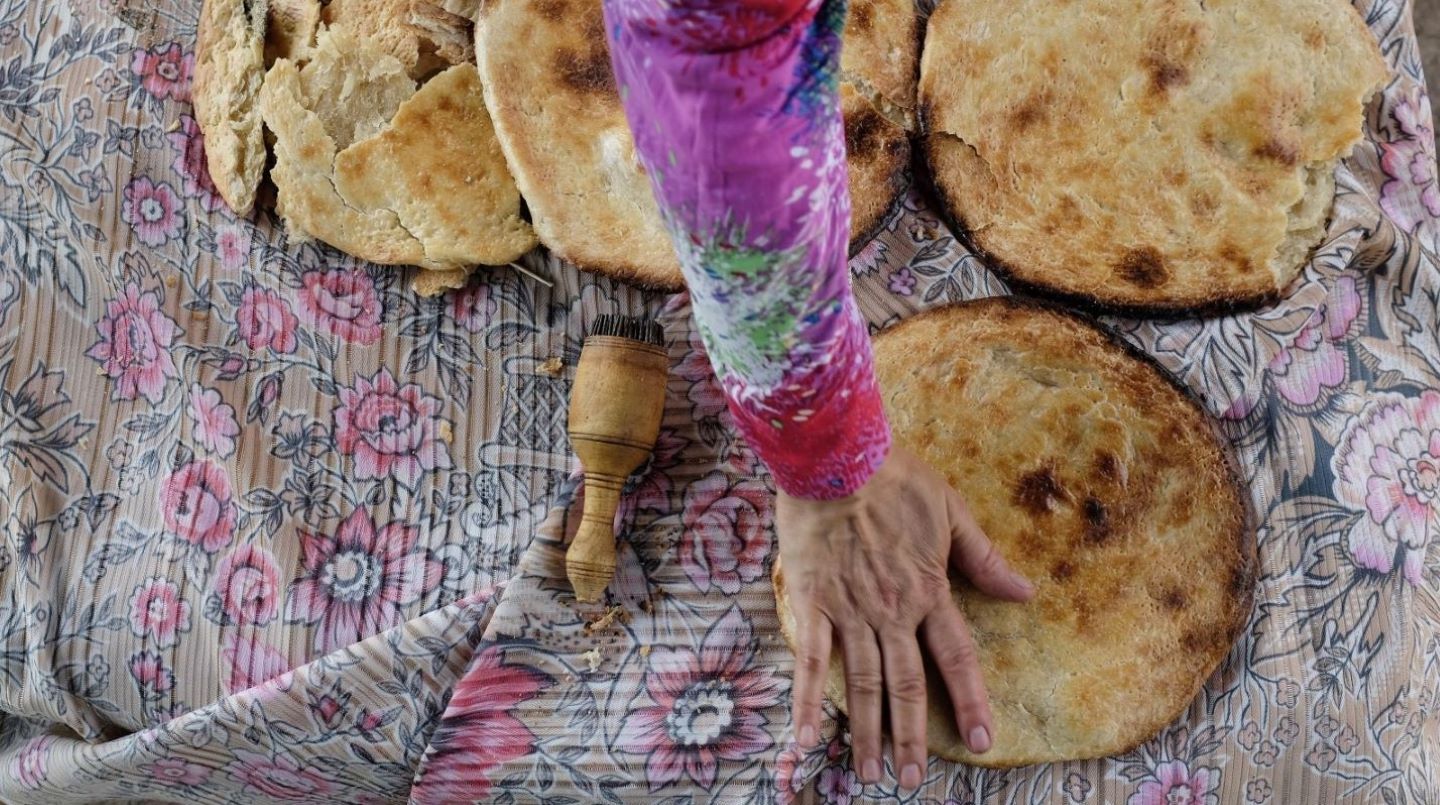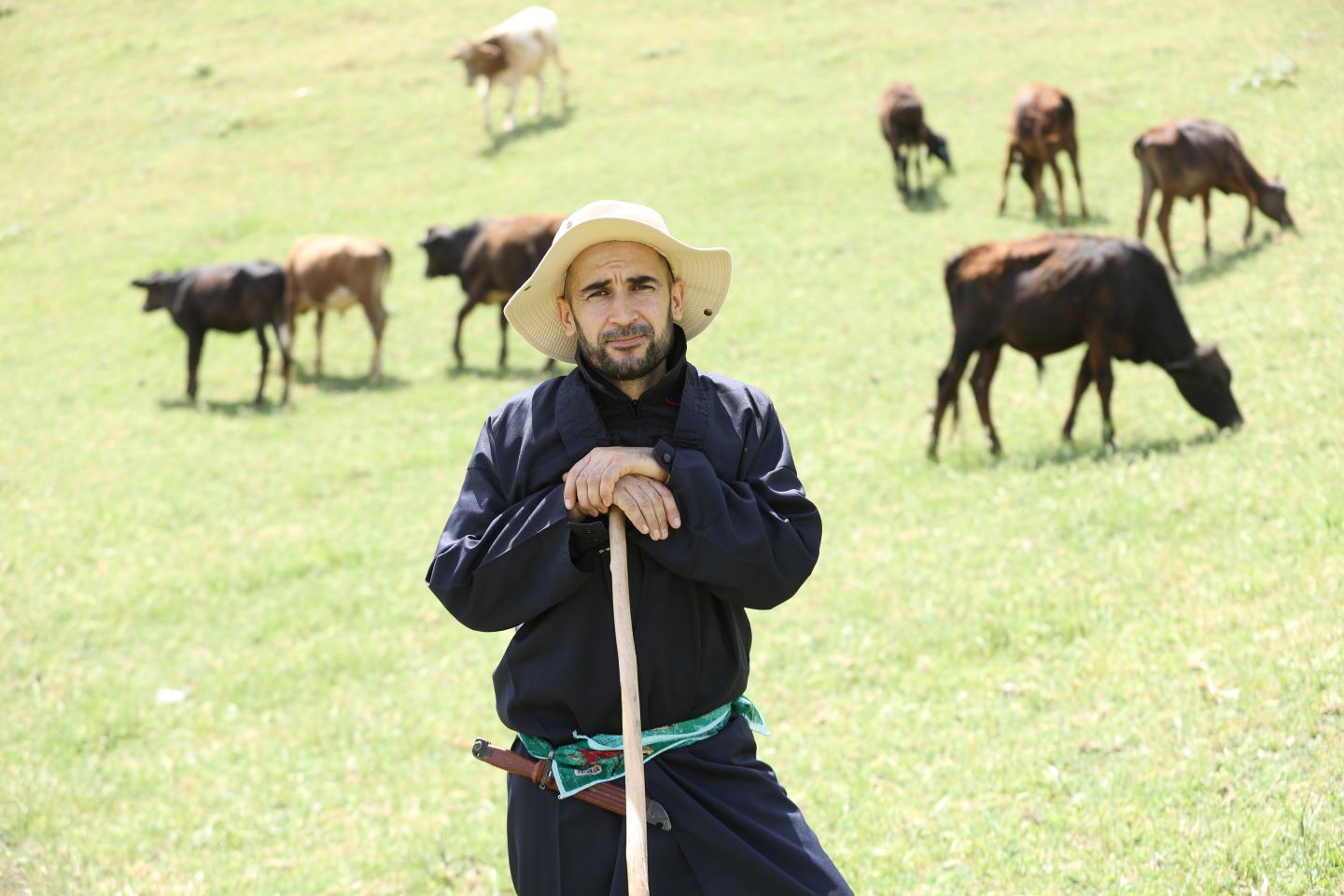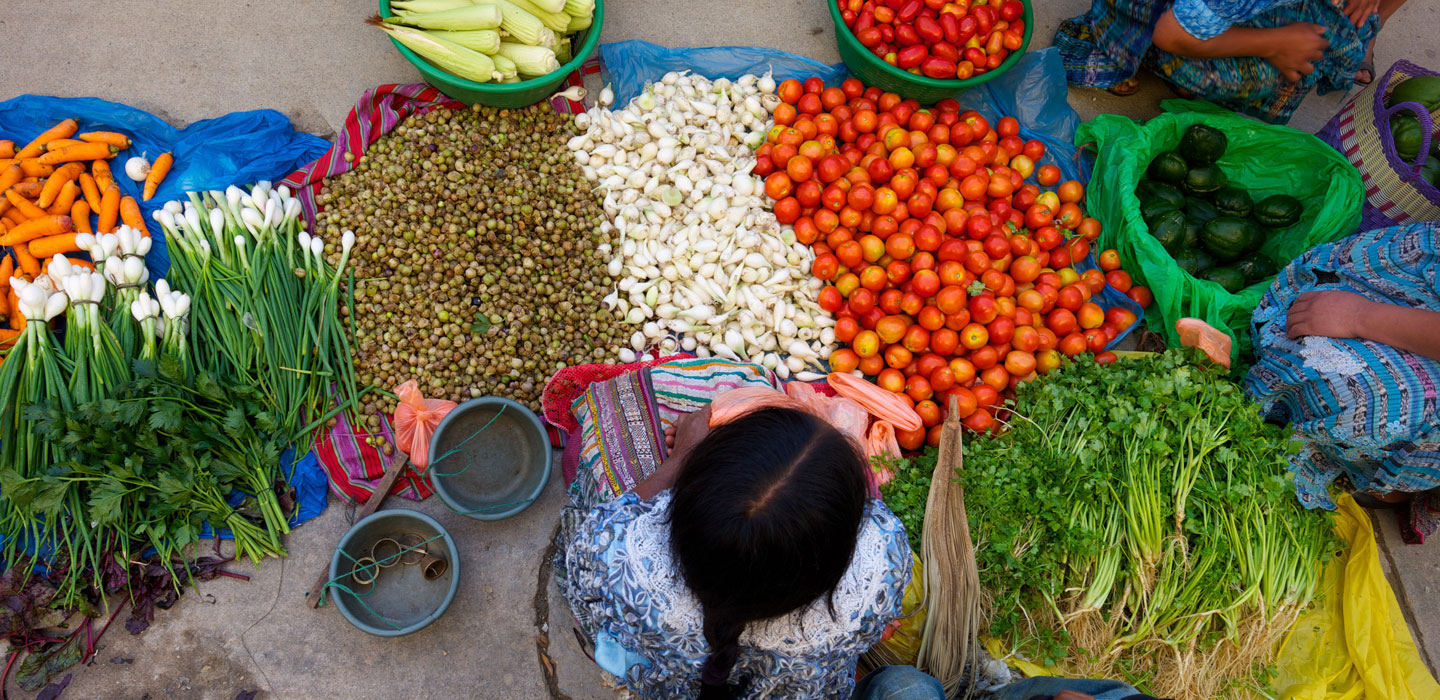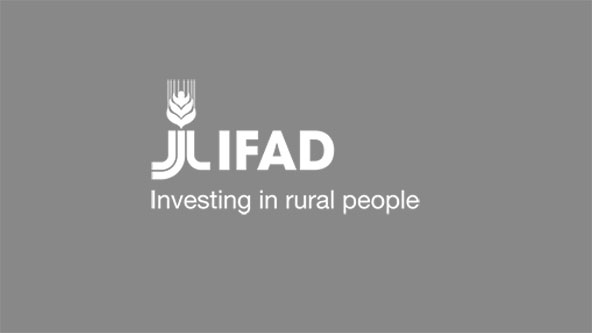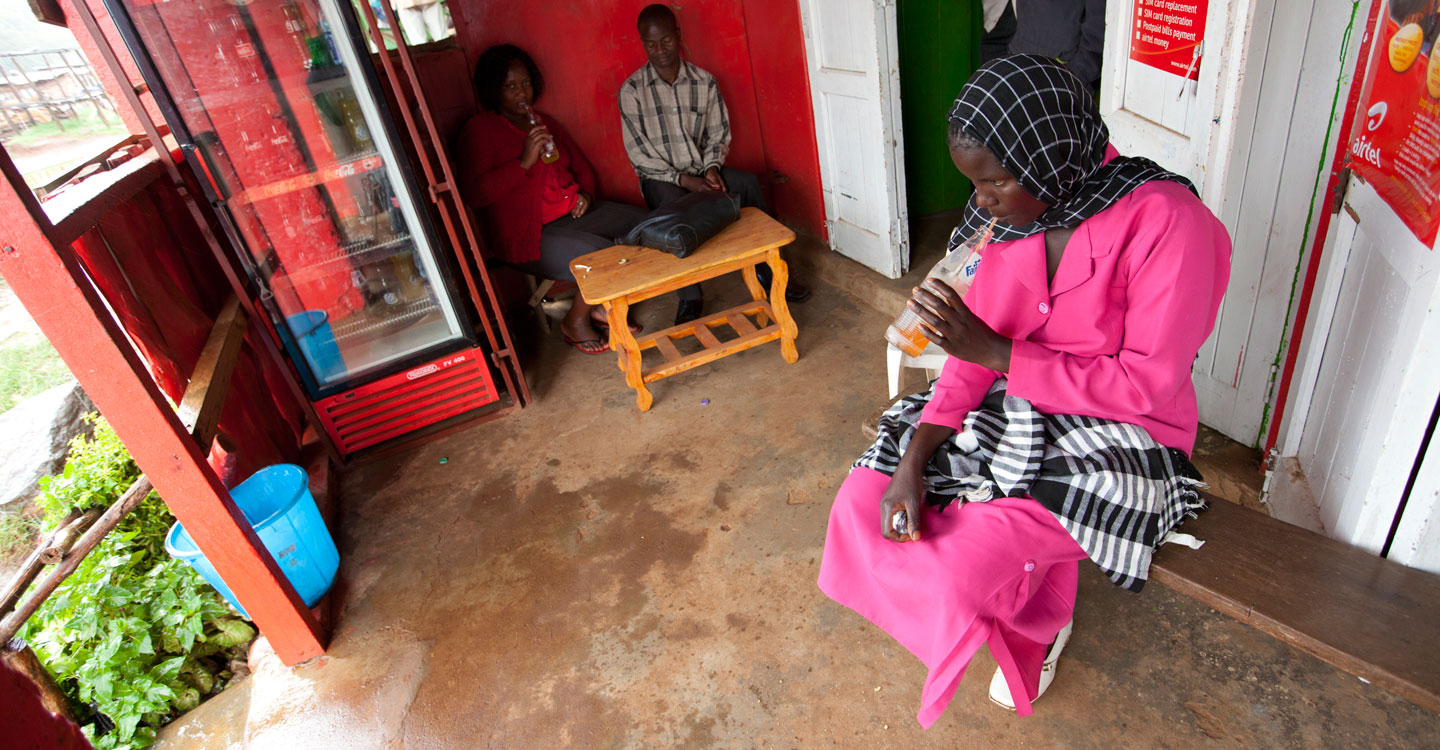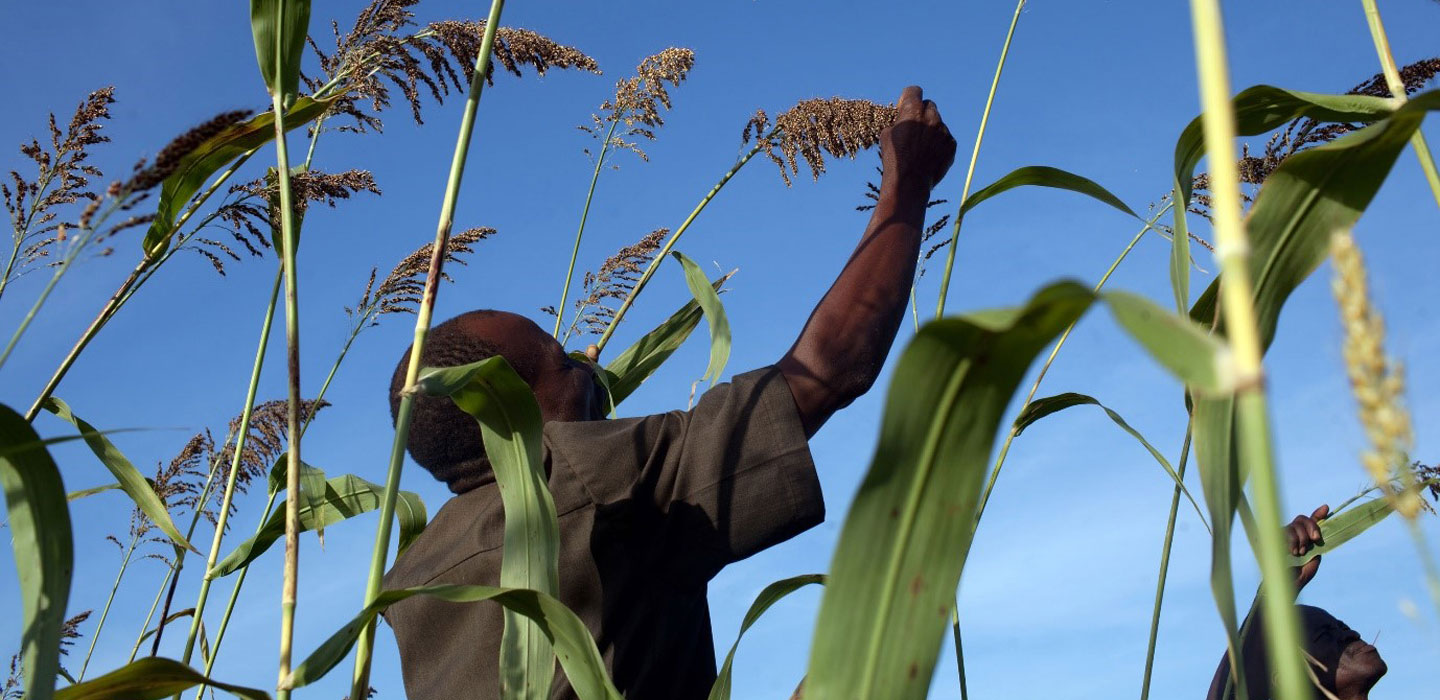Latest
Latest

Latest
Manual Submenu Topics
Search Results Filters
Search Results
Global Report on Food Crises: Acute hunger remains persistently high in 59 countries with 1 in 5 people assessed in need of critical urgent action
According to the latest Global Report on Food Crises (GRFC), nearly 282 million people in 59 countries and territories experienced high levels of acute hunger in 2023 - a worldwide increase of 24 million from the previous year. This rise was due to the report’s increased coverage of food crisis contexts as well as a sharp deterioration in food security, especially in the Gaza Strip and the Sudan.
Agriculture’s Indigenous trailblazers – Episode 57
On this episode, Indigenous leaders from Nepal, Mexico and Kenya weigh in on what it means to protect the planet while preserving their cultures, and fighting for the right to land, nutrition and education.
Global food crisis, poor nutrition and the effects of climate change need urgent action, says IFAD President
A global food crisis and the effects of climate change are taking a toll on those most vulnerable: millions of people – many of them small-scale farmers and their families – who are unable to afford a healthy diet. At this critical juncture, Alvaro Lario, President of IFAD, is visiting the Solomon Islands and Australia from 29 February to 8 March 2024 to collaborate on next-steps and to deepen IFAD’s strategic partnership with governments across the region.
Zero waste, full plates: winning with school meals - Episode 54
In this episode, we explore why we must pursue zero hunger and zero waste as joint goals. In particular, we look at how these efforts are crucial for children, who depend on nutritious diets for healthy development.
Sophie Grigson on how diversifying crops in Malawi cultivates sustainability and resilience
IFAD Recipes for Change chef Sophie Grigson travelled to Malawi to meet local small-scale farmers who are fighting back against climate change by diversifying their crops.
Recipes for Change: Nsima with chicken casserole and khobwe balls
Learn how to make a delicious and sustainable Malawian meal with these recipes collected from rural communities by Chef Sophie Grigson.
Experts and practitioners come together to improve nutrition outcomes in agricultural development in West and Central Africa
A regional knowledge and experience sharing workshop that addresses nutrition, rural development and food system transformation began today in Abidjan, Côte d'Ivoire. Improving food and nutrition security in West and Central Africa is crucial. It is estimated that 29.8% of the population of West Africa and 13.9% of the population of Central Africa are undernourished.
New UN report: 43.2 million people suffer from hunger in Latin America and the Caribbean, and the region has higher levels of overweight and obesity than the global estimate
The Regional Overview 2023 indicates that, despite halting the upward trend in the last period, hunger levels in the region remain above the 2019 figures prior to the outbreak of COVID-19. In addition, 8.6% of children under five years of age are overweight.
Investing in a better future: West and Central Africa
West and Central Africa is as intricate as it is vast. We sat down with Regional Director, Bernard Mwinyel Hien, to better understand the region’s strengths and challenges.
A healthy diet for a healthy people in Laos
IFAD is working to tackle malnutrition and food security in Laos. Find out how the Agriculture for Nutrition Programme has improved the diets of rural communities across northern parts of the country.
Everyone wins with school meals
Find out how small-scale farmers can get locally grown food to the children who need it, when they need it, while earning a decent income and supporting their families and communities.
More food with every drop
Water is key to food and agriculture, but with many parts of the world increasingly affected by water scarcity, it’s critical that we use it wisely. Luckily, small-scale farmers are up to the challenge.
Counting the cost of malnutrition - Episode 48
In this episode, we’re tackling malnutrition. In the spotlight we have an intriguing report on obesity in developing countries. Then we speak to IFAD's Lead Technical Specialist on Nutrition, Joyce Njoro, about the factors driving food inflation and its impact on access to healthy diets. Also in episode 48, Nadine Gbossa shares with us the key findings from this year's UN Food Systems Stocktaking Moment.
Why the Sustainable Development Goals matter: your questions answered
As countries meet to evaluate how much progress has been made towards the Sustainable Development Goals, find out more about these 17 objectives and why they’re important for the rural communities we work with.
We must do more to curb obesity and overweight in low- and middle-income countries
Overweight and obesity are on the rise in low- and middle-income countries. Here’s what we can do to help reverse this health crisis.
Five ways IFAD is making livestock more climate friendly
Countless rural people depend on livestock for livelihoods, nutrition and traditional ways of life. Supporting small-scale farmers to become even greener can strengthen food systems, preserve livelihoods and benefit our planet.
It’s time we treat the transformation of food systems like the emergency that it is
Our current food systems cannot keep up with the world’s growing population – as a result, millions face hunger. Now more than ever, countries must take action to transform how food gets from farm to plate.
UN Food Systems Summit +2 Stocktaking Moment
The fight against hunger has stalled according to the latest figures that the UN released last week, with 122 million more people suffering chronic malnourishment since 2019. The challenges to eradicate hunger and poverty are many. Yet, without financing for food systems transformation, the Sustainable Development Goals (SDGs) and climate targets will remain out of reach.
New analysis: Rising obesity rates in developing countries linked to high cost and limited availability of healthy foods
Steep price gaps between healthy and unhealthy foods, coupled with the unavailability of a variety of healthy foods, are driving rising obesity rates in both urban and rural areas of developing countries, according to a literature review released by IFAD.
As temperatures rise, so too does our need for diverse crops
Drought is the number one cause of agricultural production loss. This is why IFAD supports small-scale farmers as they grow crops that are resilient, but often neglected.
